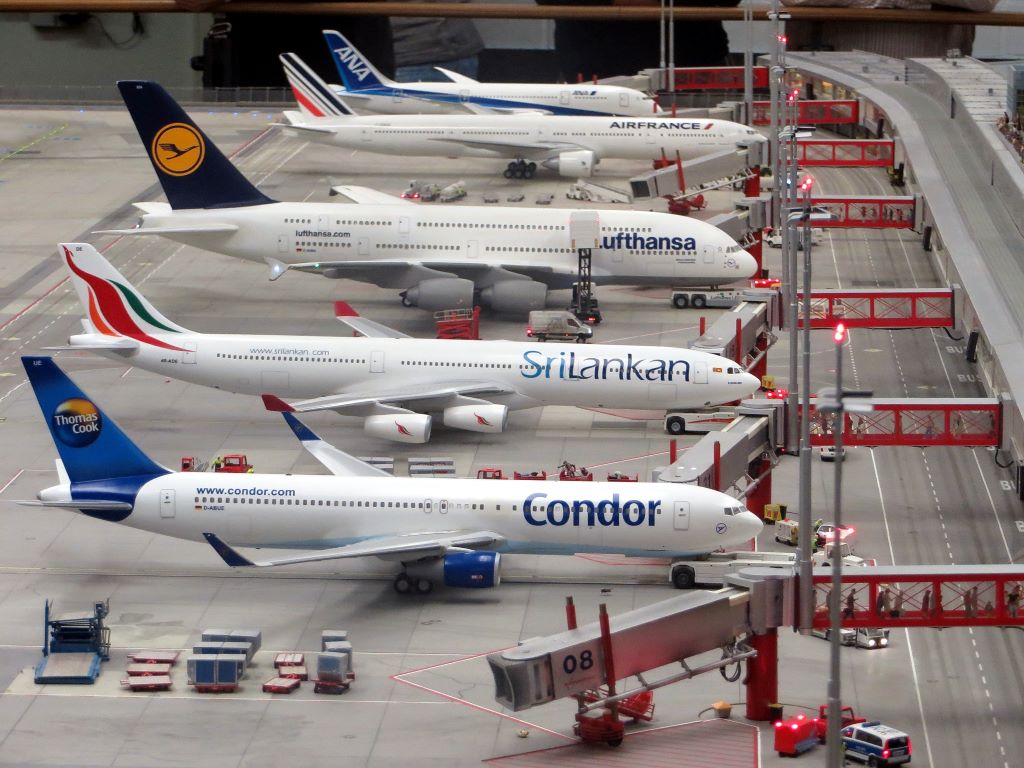This week, what 15,000 workers across the globe can teach us about the future of work; plus, how gig workers in the U.S. are trying to retool a system they say is rigged; how tech tools can make Zoom calls less tedious; CEOs are dooming business travel – maybe for good; and the major blue-collar worker shortage. Read this week’s trends from the world of work.
September 3, 2021
Future of Work
Future of Skills
#1. We spoke to 15,000 workers across the globe. Here’s what we learned about the future of work.
The past 18 months have led to a radical shift in the world of work. More than ever before, workers have begun to re-evaluate their priorities. The “one size fits all” approach will no longer work in the new normal, where flexibility and greater autonomy over work are key.
The second edition of Resetting Normal, which you can download here, builds upon our original research and expands on the outlook for the future of work for 2021 and beyond. This year, we surveyed 14,800 knowledge-workers across 25 countries.
To continue to thrive in the new normal, organisations need to evolve and adapt to better meet the needs of their employees. The Adecco Group and its brands stand ready to help organisations navigate this new path. To read further insights from our 2021 Resetting Normal report, download the complete report and white paper here.
The second edition of Resetting Normal, which you can download here, builds upon our original research and expands on the outlook for the future of work for 2021 and beyond. This year, we surveyed 14,800 knowledge-workers across 25 countries.
To continue to thrive in the new normal, organisations need to evolve and adapt to better meet the needs of their employees. The Adecco Group and its brands stand ready to help organisations navigate this new path. To read further insights from our 2021 Resetting Normal report, download the complete report and white paper here.

#2. Gig workers in the U.S. aim to retool a system they say is rigged
Workers in Massachusetts, the United States, are fighting to protect their working practices, saying the gig economy is rigged against them. Uber, DoorDash, Instacart, and a coalition of other gig companies in the U.S. are fighting a lawsuit seeking to classify gig workers as employees under Massachusetts law, ending what the attorney general calls “unfair and exploitative practices.” Meanwhile, workers are taking on the companies, asking them to give them benefits when they work like employees. Gig companies in the U.S. have long been lobbying for laws to codify the classification of their workforce as independent contractors. Read more at The Guardian.

#3. Can holograms replace Zoom calls?
Video meetings have become a permanent part of our work lives. Can technology help make video calls less agonizing with new tech solutions? Virtual meetings can drain our energy, diminish our sense of connection, and even contribute to workplace inequality. Most workers will return to a new hybrid working future. Virtual reality headsets can help re-create the experience of working together, for example. Read more at the BBC.

#4. CEOs are dooming business travel – maybe for good.
Business travel as we’ve known it, pre-pandemic, may be a thing of the past. A Bloomberg survey of 45 large companies in the U.S., Asia, and Europe shows that 84% plan to spend less on employee travel post-pandemic. A majority of respondents to Bloomberg’s survey said they planned to cut travel budgets between 20% and 40%; likewise, companies plan to slash both internal and external in-person meetings. To replace business travel, businesses are signing new communication tools. Read more at Bloomberg

#5. Blue collar workers are now scarcer than white collar workers.
It’s now harder to find blue-collar workers than white-collar workers, reversing a decades-long trend in the U.S. job market. There’s a growing blue-collar labor shortage, the result of different demographic, educational, and economic trends in the U.S. Production and manufacturing jobs as well as transportation jobs are among the tightest sectors.
“In certain instances, companies looking to attract enough blue-collar workers will have to continue increasing wages and, as a result, possibly experience diminished profits,” said Gad Levanon, chief economist of North America at The Conference Board. “But the picture looks very different for the workers themselves. Compared to a few years ago, blue-collar workers are now much more likely to have a job they are satisfied with and experience rapid wage growth.” Read more at Industry Week.
“In certain instances, companies looking to attract enough blue-collar workers will have to continue increasing wages and, as a result, possibly experience diminished profits,” said Gad Levanon, chief economist of North America at The Conference Board. “But the picture looks very different for the workers themselves. Compared to a few years ago, blue-collar workers are now much more likely to have a job they are satisfied with and experience rapid wage growth.” Read more at Industry Week.




